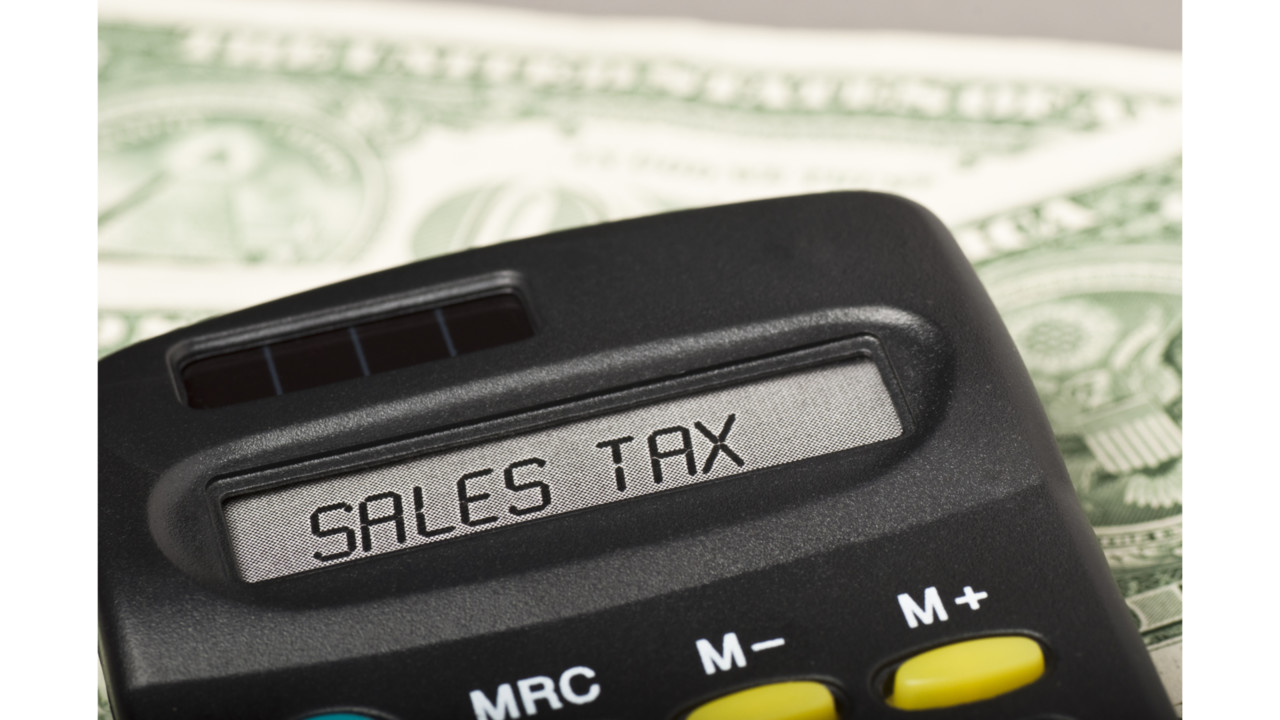In the last decade, buying habits have shifted dramatically to keep pace with new technologies. Though sales of printed books are experiencing a resurgence, electronic books have a solid market share; sales of streamed music now dwarf digital and vinyl music sales; and so on. This can have a real impact on sales tax revenue, because state sales tax policies don’t change as swiftly as technology.
That’s changing bit by bit, state by state, and it’s an ongoing process. Thus, the North Carolina Legislature recently made several clarifying changes to its sales and use tax law.
North Carolina extended sales and use tax to “certain digital property” (e.g., audio works, audiovisual works, books, greeting cards, photographs, etc.) on January 1, 2010. The law specified that tax applies to “digital property that is delivered or accessed electronically, is not considered tangible personal property, and would be taxable … if sold in a tangible medium” (emphasis mine).
Sales tax therefore couldn’t be applied to any digital product that didn’t have a taxable physical counterpart. That’s become more and more limiting.
According to the legislature, this policy has “created confusion with respect to items that may fall into one of the digital property categories, but do not necessarily have a tangible corollary.” For example, e-learning materials that accompany a continuing education course are considered “audiovisual work,” but without a taxable tangible corollary, the Department of Revenue has concluded they can’t be subject to tax.
Senate Bill 253 removes the phrase “would be taxable … if sold in a tangible medium,” effective October 1, 2019. Taxing digital content is still complicated, but it should soon be slightly less complicated in North Carolina.
Other sales tax changes
The bill makes several other clarifying changes to North Carolina’s sales and use tax laws, including:
- Defines a property management contract and provides when repair, maintenance, and installation (RMI) services provided by a real property manager under a property management contract are taxable; and establishes a grace period under which property managers cannot be assessed for failure to collect sales tax on RMI contracts through January 1, 2021. (Effective immediately.)
- Exempts limited service car washes (the cleaning of a car by a mechanical means, where no cleaning activities are performed by a person). (Effective October 1, 2019.)
- Exempts equipment used in cutting, finishing, polishing, and shaping rough cut slabs of stone and stone-like products sold to a company that primarily provides made-to-order countertops, tubs, or walls. (Effective October 1, 2019.)
- Exempts certain incontinence supplies that are paid for by the state Medicaid program. (Effective October 1, 2019.)
- Exempts sales of admissions to charges to attend instructional seminars, conferences, or educational workshops where entertainment is secondary. (Effective immediately.)
- Tax utilities charges (billed to a customer) that are included in the gross receipts derived from the provision of those services. (Effective immediately.)
- Requires that the lowest common sales and use tax rate applies in a ZIP code area that has more than one rate. (Effective immediately.)
- Taxes all repair, maintenance, and installation services at the general rate even when the underlying item (e.g., a boat or aircraft) is subject to a different rate of tax or to a maximum tax. (Effective immediately.)
See the text of SB 253 and the guide to Senate Bill 253 for more details about the forthcoming changes. See the North Carolina Department of Revenue for information about the current taxation of digital property.
Redefining the economic nexus threshold
As of October 1, 2019, the economic nexus threshold for remote sellers is based on the sum total of the sales price of all items, with “items” defined as “tangible personal property, certain digital property, or a service unless the context requires otherwise.” More information about economic nexus in North Carolina and other states is available in our state-by-state guide to economic nexus laws.
=====
This article first appeared on the Avalara blog. Gail Cole began researching and writing about sales tax for Avalara in 2012 and has been fascinated with it ever since. She has a penchant for uncovering unusual tax facts, and endeavors to make complex sales tax laws more digestible for both experts and laypeople.
Thanks for reading CPA Practice Advisor!
Subscribe Already registered? Log In
Need more information? Read the FAQs





